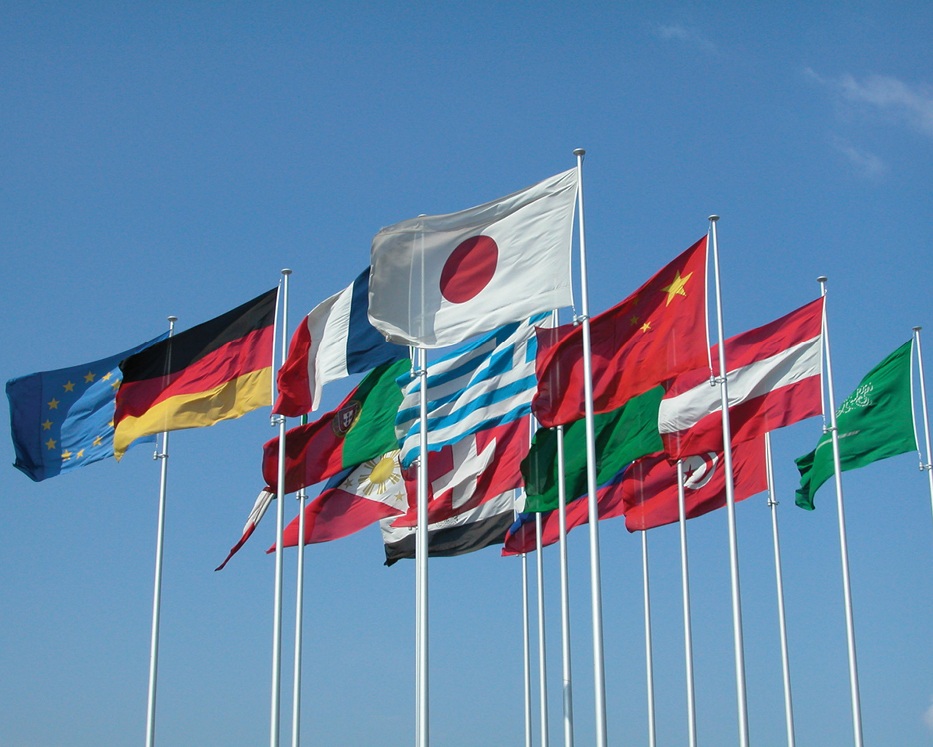Key Takeaways
- A new estimate shows that Trump’s new tariffs could raise more than a trillion dollars from 2025 to 2028.
- The predictions have raised concerns that the tariffs could be difficult to reverse in the future.
- The total revenue amount could be less if it offsets other taxes.
- U.N. tax committee mulls fairness questions, nexus issues.
- Pepsi win in Australia set back country's strategy.
During the 2024 campaign, President Trump promised to take tax collection back to the turn of the century—the 19th century.
While Trump has long been an advocate for protectionist trade measures, he only more recently emphasized them as a potential revenue source, even one to eventually replace income taxes. He often pointed to the presidency of William McKinley, from 1897-1901, as a period America should strive to replicate. In those times, as with all of the 19th century, income taxes had yet to be enacted and tariffs were the country’s primary source of federal revenue. America could finance its government not through taxing its citizens, but by charging foreign countries and businesses still eager to gain access to American markets.
The corporate and personal income taxes are still here—but the promised revenue from new tariffs may be starting to materialize. As a new round of tariffs take effect, a D.C.-based think tank is predicting that the tariffs could bring in a large amount of money. According to a Monday post from the Committee for a Responsible Federal Budget, the revenue haul could be more than a trillion dollars for the rest of Trump’s term, and $2.8 trillion by 2034.
It’s one of a few recent estimates that show significant new revenue from tariffs, that the administration has been quick to promote. It’s also led to some fears, among the tariffs’ critics, that they could become difficult to remove even after Trump’s presidency.
There are many caveats, however. The estimates don’t include potential losses with other taxes caused by the tariffs. For instance, there could be a dip in corporate income taxes if the tariffs spur a recession. It’s also impossible to predict reactions from those companies paying the tariffs—if they reduce sales into the U.S., that would reduce overall revenue as well. And if companies respond by moving production back into the country—as Trump has promised they would–that would create new jobs, but result in less tariff revenue.
No matter how money is raised, there will always be effects.
Noteworthy Items This Week
Canada Nixing Digital Services Tax Poses Several Legal Questions – Ian Caines, Sabina Han and Michael Kandev, Bloomberg Tax:
PepsiCo Win Sets Back Australia Crackdown on Company Tax Dodges – Caleb Harshberger and Deborah Nesbitt, Bloomberg Tax ($):
Australia’s resolve to keep its DPT may be tested by the Trump administration’s threats to retaliate against any country that has tax policies that discriminate against US corporations. The tax was targeted in the US House GOP version of the recent tax and spending bill, which included imposing a new tax code Section 899—a so-called revenge tax—on offending countries. Section 899 was ultimately stripped from the final version under intense pressure from financial and business groups.
U.N. Delegates Float New Nexus Ideas for Tax Convention Protocol – Stephanie Soong, Tax Notes ($):
The meeting was part of the committee’s second session in New York to discuss commitments and two protocols to the framework convention. In addition to the first early protocol on the taxation of cross-border services income, delegates are discussing a second early protocol, which will cover dispute prevention and resolution.
Public Domain Superhero of the Week
Every week, a new character from the Golden Age of Comics, who’s fallen out of use.
This week’s entry: Rainbow Boy
.jpg)
Debut Year:1942
Debut Publication: Reg'lar Fellers Heroic Comics #14
Origin Story: Never explained.
Superpowers: His rainbow-related powers allow him to fly and grant him super-strength, but only at daytime.
Eide Bailly's International Tax Team and our affiliates at HLB, The Global Advisory and Accounting Network, stand ready to assist with your worldwide tax needs.
Make a habit of sustained success.



